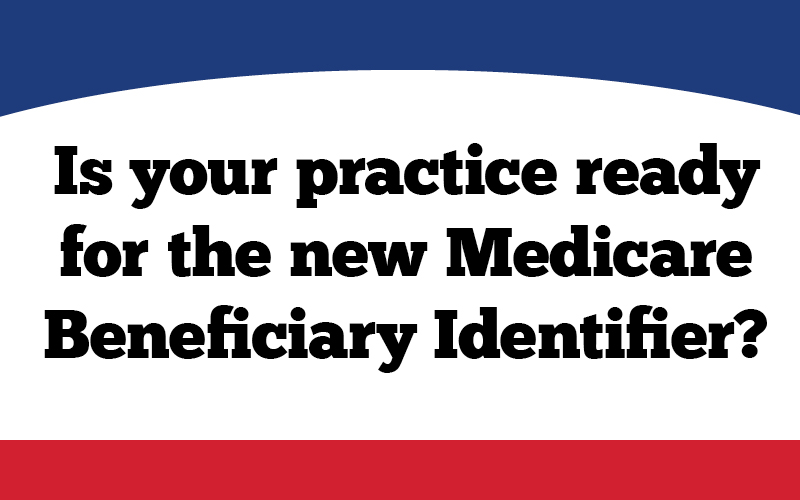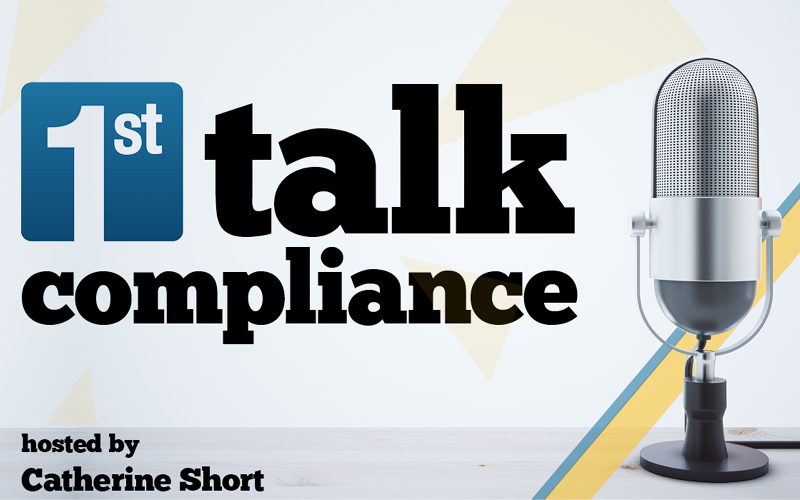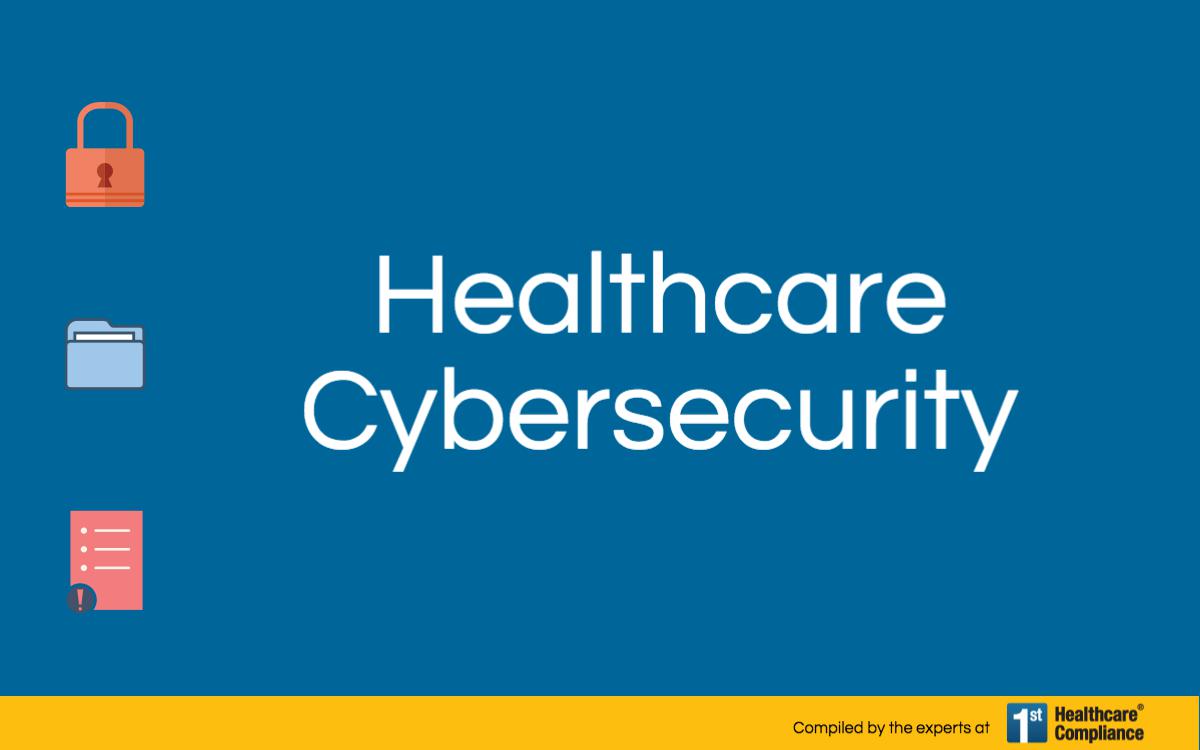How to Choose the Most Effective Healthcare Compliance Software?

Compliance is a must for every healthcare provider or healthcare organization to provide good quality services while controlling their costs and adhering to all the applicable laws. The process requires an organization to meet the legal, ethical and professional standards applicable to it by developing effective processes, policies and procedures for patient care, billing, managed care contracting, and all other aspects. The ultimate goal of a compliance program is to prevent fraud, waste, or abuse in the healthcare segment.
An organization’s compliance program requires adequate staff and budgetary resources. And since the compliance responsibilities continue to evolve and become more demanding, the use of effective healthcare compliance software saves time as well as cost. The software allows an organization to keep up to date with the continuous changes in the applicable laws and regulations and their interpretations.
Considerations in Choosing a Healthcare Compliance Software
The healthcare industry includes hospitals, home health providers, long-term care facilities, telemedicine providers, medical billing companies, physician practices, ambulatory surgery centers and many more service providers. All these participants require an organized approach to their compliance efforts to meet the healthcare regulations. They also need to be educated besides being provided access to resources and support in the areas of HIPAA, OSHA, human resources compliance, fraud waste, and abuse.
Essential Features of a Healthcare Compliance Software
Choosing software that offers adequate security, is flexible and scalable and comes with excellent support for the implementation or procedures aids in the adherence of the applicable rules. Some essential features of healthcare compliance software are:
- Comprehensiveness – Healthcare providers are not only required to comply with the Medicare rules and regulations but also numerous other federal and state healthcare laws, rules, and regulations. They also must comply with all the regulations that apply to non-healthcare businesses such as the regulations of the Occupational Safety and Health Administration (OSHA), and the Equal Employment Opportunity Commission (EEOC). This highlights the need for choosing software that covers all aspects of compliance like OSHA, HIPAA, HITECH, the False Claims Act, Stark, the Anti-Kickback statute etc.
- Regular updates – Weekly or fortnightly reports on your organization’s compliance status and the required action.
- Resources – Offering access to resources that help to customize policies and procedures. The software should also remind you about the upcoming updates and their deadlines to ensure that you are in sync with the applicable rules.
- Documentation – The software should facilitate proper documentation of your organization’s compliance efforts so that they can be presented in case of an audit.
- Breach management – A compliance software should help an organization to track, document, and investigate a data breach.
Good and comprehensive software can help healthcare organizations provide high-quality services lawfully.





